A thermal oil heater, also known as a thermic fluid heater or hot oil heater, is an industrial heating system that uses specialized thermal oil (or heat transfer fluid) as a medium to transfer heat. Unlike traditional steam boilers that use water and generate steam, thermal oil heaters operate in a closed-loop system, heating the oil to high temperatures without significantly increasing its pressure.
How it Works:
The basic principle involves indirect heating:
- Combustion/Heating: A burner (fueled by gas, oil, coal, biomass, or even electricity) generates hot gases within a combustion chamber.
- Heat Transfer: These hot gases transfer their heat to a coil or series of pipes through which the thermal oil circulates.
- Circulation: A pump continuously circulates the heated thermal oil from the heater to the process equipment (heat exchangers, reactors, ovens, etc.) that requires heat.
- Heat Exchange: The hot oil transfers its thermal energy to the process, cooling down in the process.
- Return: The now-cooler oil returns to the thermal oil heater to be reheated, completing the continuous closed loop cycle.
Key Components:
- Burner: Provides the heat source.
- Combustion Chamber: Where the fuel is burned and hot gases are generated.
- Heat Exchanger (Coil/Pipes): Transfers heat from the combustion gases to the thermal oil.
- Circulation Pump: Moves the thermal oil through the system.
- Expansion Tank: Accommodates changes in oil volume due to temperature fluctuations and prevents pressure buildup.
- Control System: Monitors and regulates temperature, flow, and safety features.
Advantages of Thermal Oil Heaters:
- High Temperatures at Low Pressure: This is a major advantage. Thermal oil can reach very high temperatures (up to 400°C and even higher with synthetic fluids) at relatively low pressures, significantly increasing safety compared to high-pressure steam systems.
- Temperature Stability and Precision: They provide very stable and precise temperature control, which is crucial for many industrial processes.
- No Corrosion: Since thermal oil does not involve water, there are no issues with corrosion, rust, or scale buildup in the system. This leads to longer equipment lifespan.
- Reduced Maintenance: No need for steam traps, blowdown, water treatment chemicals, or constant monitoring of pressure like in steam boilers, leading to lower maintenance costs and less downtime.
- Energy Efficiency: Designed for efficient heat transfer, minimizing energy loss. Heat recovery systems can further enhance efficiency.
- Versatility: Can be used with various fuel types (solid, liquid, gaseous, electric).
- No Freezing: Thermal oil does not freeze in cold temperatures, making it suitable for outdoor installations or applications in colder climates.
- Self-Lubricating: The oil itself can lubricate certain components within the system.
Applications:
Thermal oil heaters are widely used in industries requiring precise and high-temperature process heating. Some common applications include:
- Chemical and Pharmaceutical Industry: Reactor heating, distillation, polymerization, drying, melting.
- Food Industry: Heating of fryers, ovens (e.g., for snacks, pastries), cooking oil processing.
- Textile Industry: Dyeing machines, stenters, drying rooms.
- Oil and Gas Industry: Crude oil heating, natural gas processing, asphalt heating.
- Wood Industry: Presses, drying.
- Plastics and Rubber Industry: Extrusion, vulcanization.
- Building Materials: Drying and curing processes.
- Surface Processing.
- Laundries.
In essence, thermal oil heaters offer a safe, efficient, and reliable solution for industrial process heating, especially when high temperatures and precise temperature control are critical.

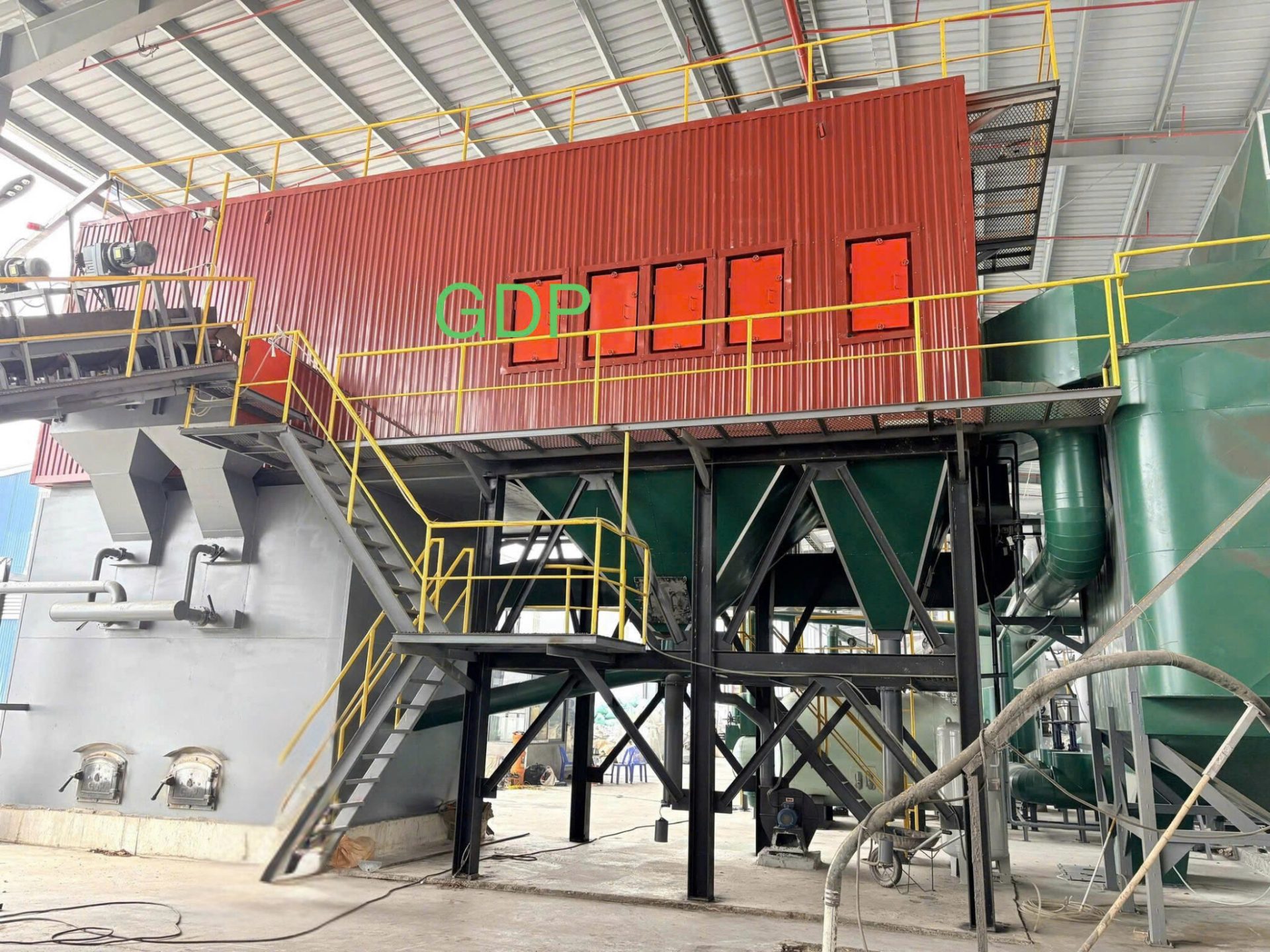
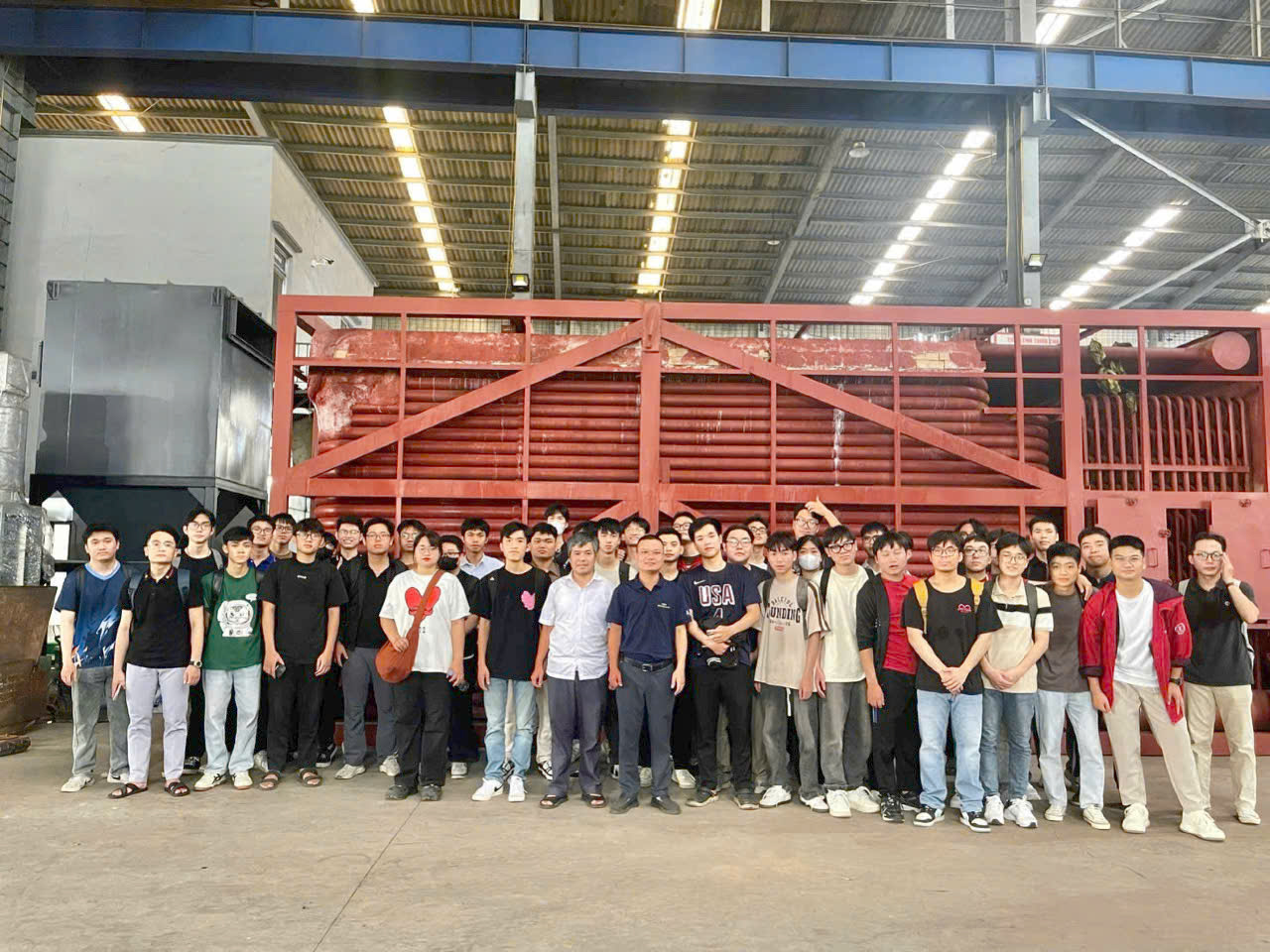
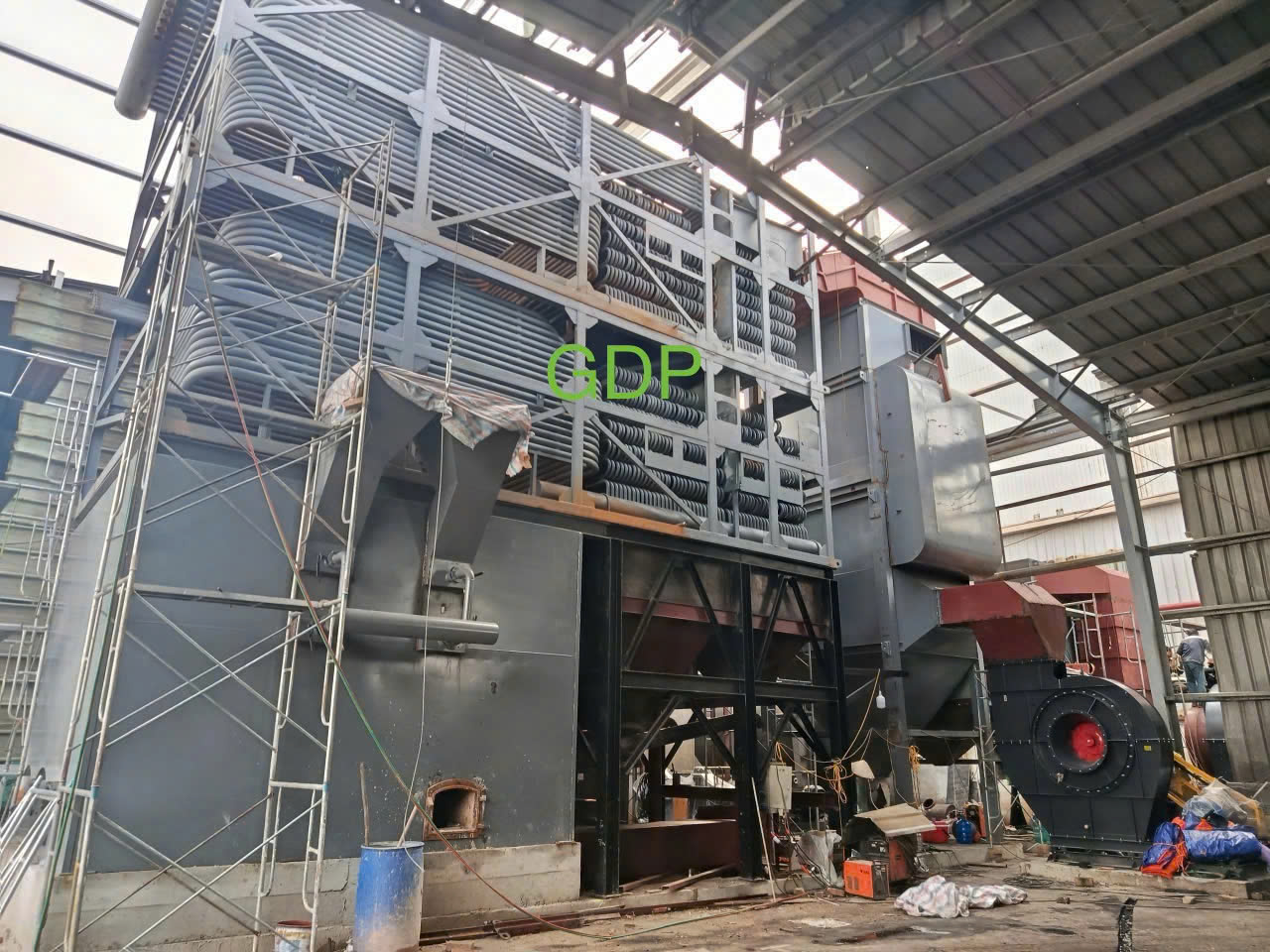
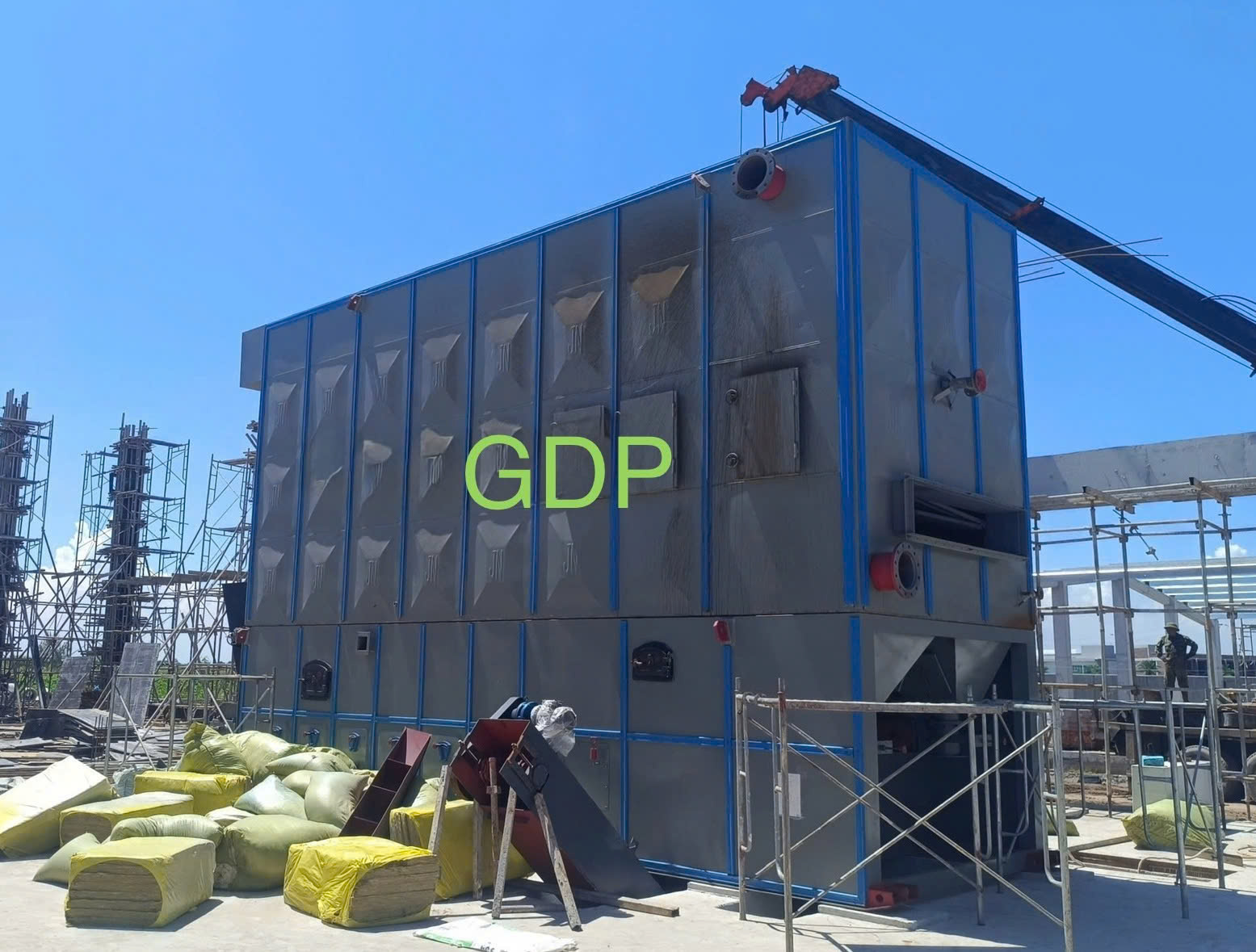
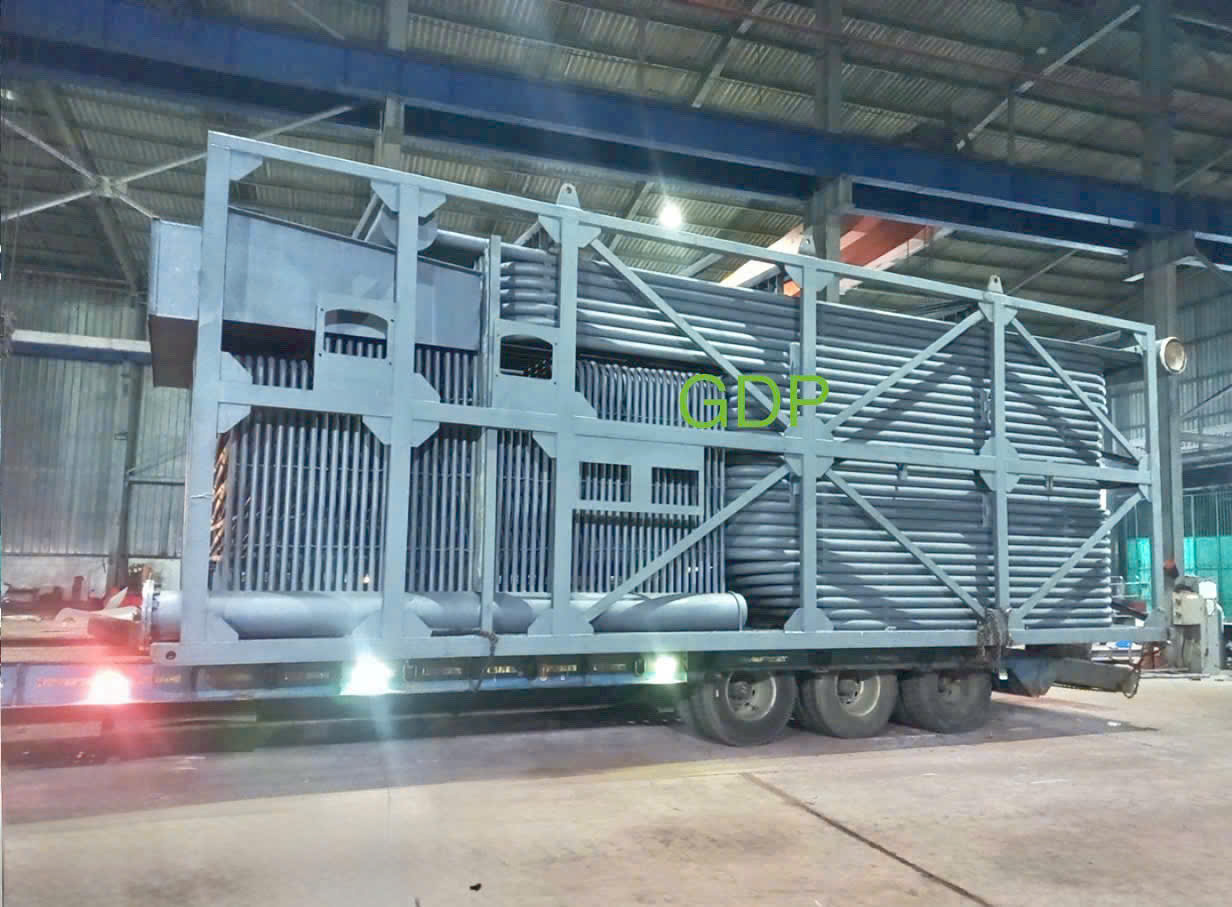
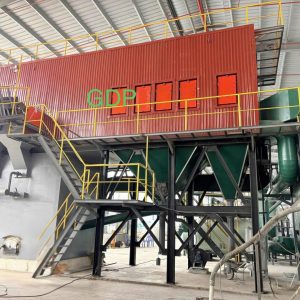
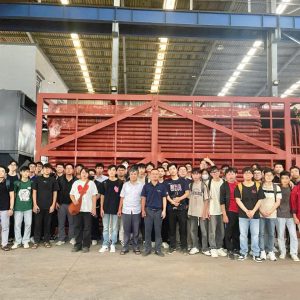
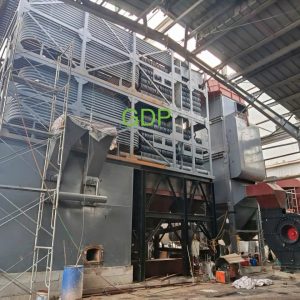
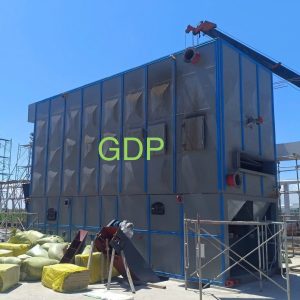
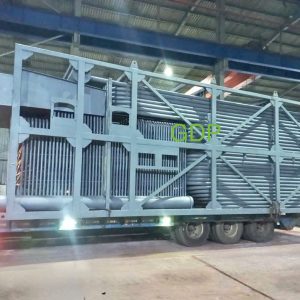
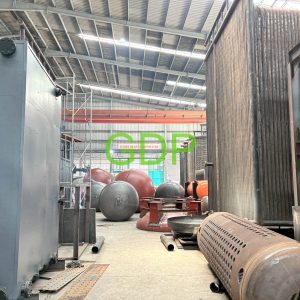
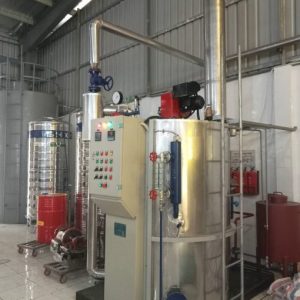
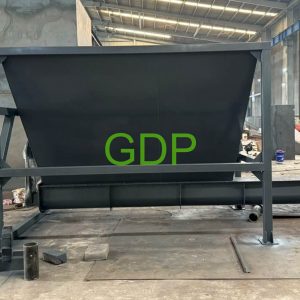
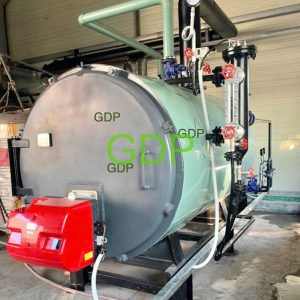
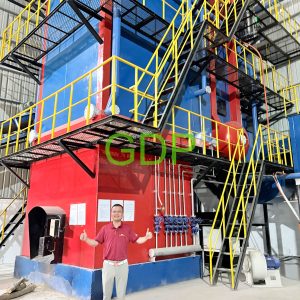

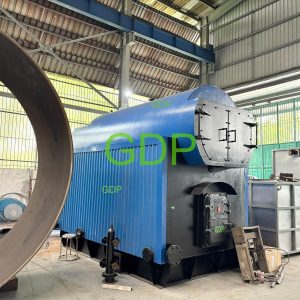
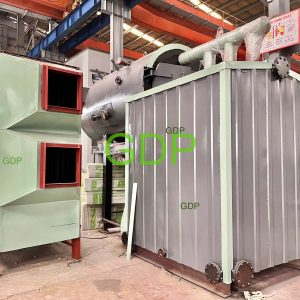
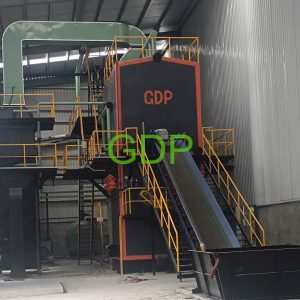
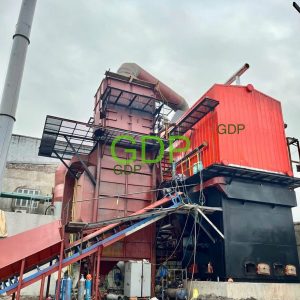

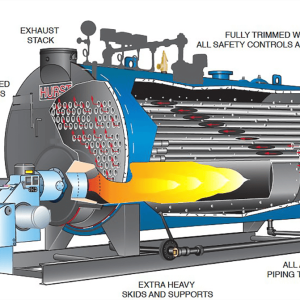
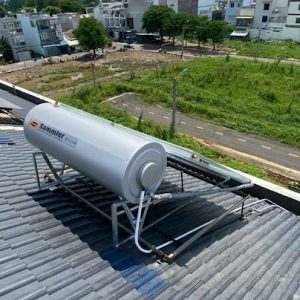
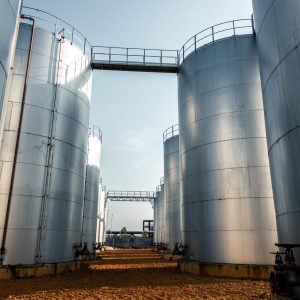




Đặt câu hỏi